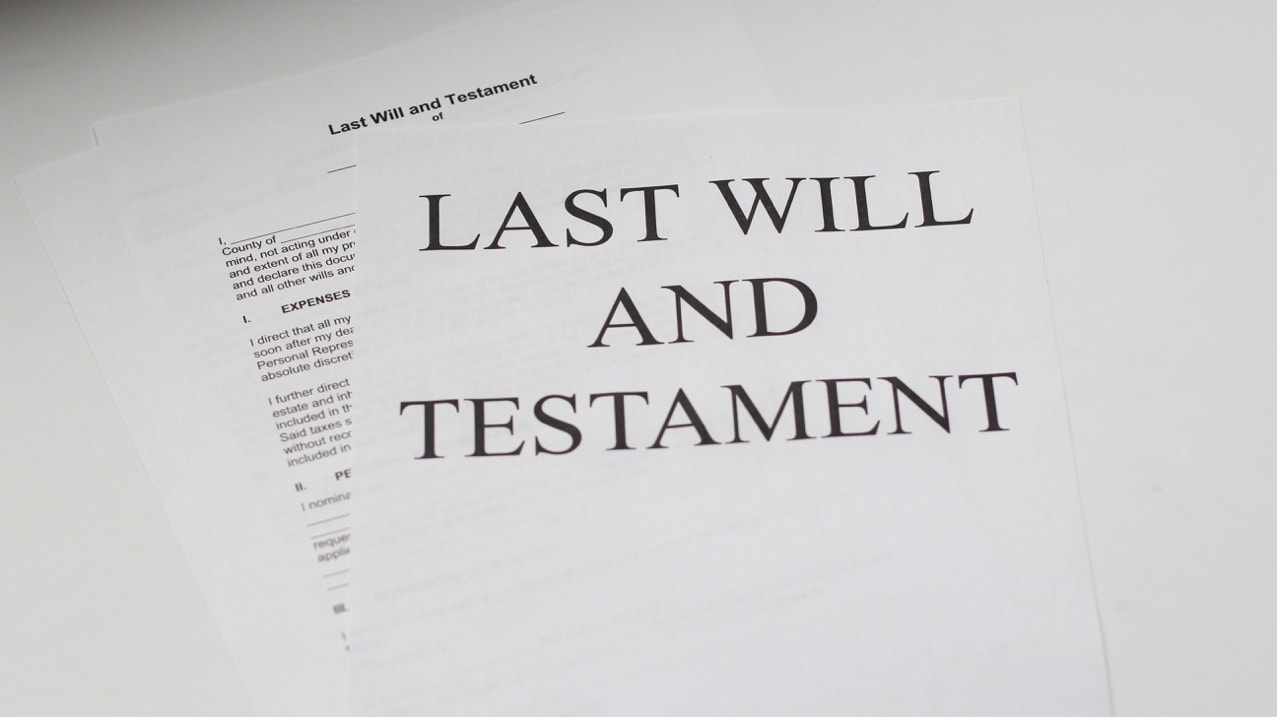The loss of a loved one is a challenging and emotional time, and the process of settling their estate can be overwhelming. In Nevada, the legal process of administering a deceased individual’s estate is called probate.
Probate courts play a vital role in overseeing this process to ensure the deceased’s assets are distributed correctly and creditors are paid. For those navigating the complexities of probate in Las Vegas and surrounding areas, seeking the assistance of an experienced Las Vegas probate lawyer is essential.
The Probate Court Process in Nevada
The probate process is usually straightforward in Nevada, but it might be complex if the estate is of high value or if disputes are involved. It comes under the Chapter 141 Nevada Revised Statutes (NRS). If an individual passes away without any proper will, the probate process may be avoided when letters of administration are filed from the court within a year of their death.
The process includes:
- Filing the probate petition
- Notifying the creditors and heirs
- Appointing a personal representative
- Taxes payment
- Asset collection
- Assessing and appraising the inventory
- Determining the list of claims
- Notifying the claimants and creditors
- Asset delivery to surviving dependents and other beneficiaries
The personal representative appointed in the will manages all the duties, particularly filing the will and ensuring the court officially accepts it. However, if the representative fails to file the will in time, the decedents’ assets will be taken as community property. Therefore, consulting a Las Vegas probate lawyer is crucial.
Probate Requirements in Nevada
Some major requirements of probate in Nevada include:
- The individual in possession of the will of the deceased must file it within 30 days of their death and deliver it to the district court’s clerk
- A court proceeding is necessary for the probate estate with over $20,000 net value
- A personal representative must be appointed for a probate estate with over $100,000 net value, and it must undergo a formal probate process.
- The executor of the will must notify all the beneficiaries about the estate to allow them a chance to object if needed.
It is important to note that the statute of limitations for the probate process in Nevada is two years. It is essential to consult a skilled Nevada probate lawyer to ensure all requirements are properly met.
Types of Probate in Nevada
Nevada offers different types of procedures in the probate courts, depending on the nature and value of the estate. These include:
- Summary Administration: This streamlined probate process is available for estates with a total value of $100,000 or less. It is faster and less expensive than formal probate and typically requires a shorter court process.
- Set Aside of Estate Without Administration: This simplified procedure is available for small estates with limited assets. The court may set aside the estate without a formal administration, allowing beneficiaries to collect the assets.
- Formal Probate: Formal probate is necessary for estates with a value exceeding $100,000 or when the deceased owned real estate. It involves a more extensive court process, including more significant court supervision.
How Long is the Probate Process in Nevada?
The probate timeline usually varies based on the complexity and size of the estate. Any estate requiring summary administration will take less time than a formal probate process. Typically, it takes around four to seven months to complete probate.
However, it could also take about a year in many cases. In case of disputes or other probate challenges, the probate can take a few years. It is wise to consult a Nevada probate lawyer to help you through the process.
Is Probate Necessary in Nevada?
Probate is necessary in most cases but not all. Typically, the bigger the estate, the more likely you need to go through the process of probate. This is particularly true if you are the owner of a real estate property in the state.
The probate process happens in the following cases:
- No properly written will be available
- Assets are high-value and complex
- Disputes surrounding certain asset distribution
- The beneficiary or heir is a minor
- Real estate assets are involved
However, probate can be avoided when a trust has been created.
Consult a Las Vegas Probate Lawyer Right Away!
Even though there is a lack of formal probate courts in Nevada, the probate laws are straightforward and comprehensive. The best way of handling the probate process is to consult an experienced probate lawyer in Nevada to ease the burden and facilitate a smoother process.
A probate lawyer can provide expert guidance, expedite proceedings, and help preserve family relationships during this challenging time. Whether you are a beneficiary, executor, or administrator, having a knowledgeable probate lawyer by your side can make all the difference in achieving a favorable resolution and honoring your loved one’s final wishes.
The expert probate lawyers at Bourassa Law Group can help you understand the process and determine the best next steps for you. Get in touch with us at 800-870-8910 to book a free consultation.





